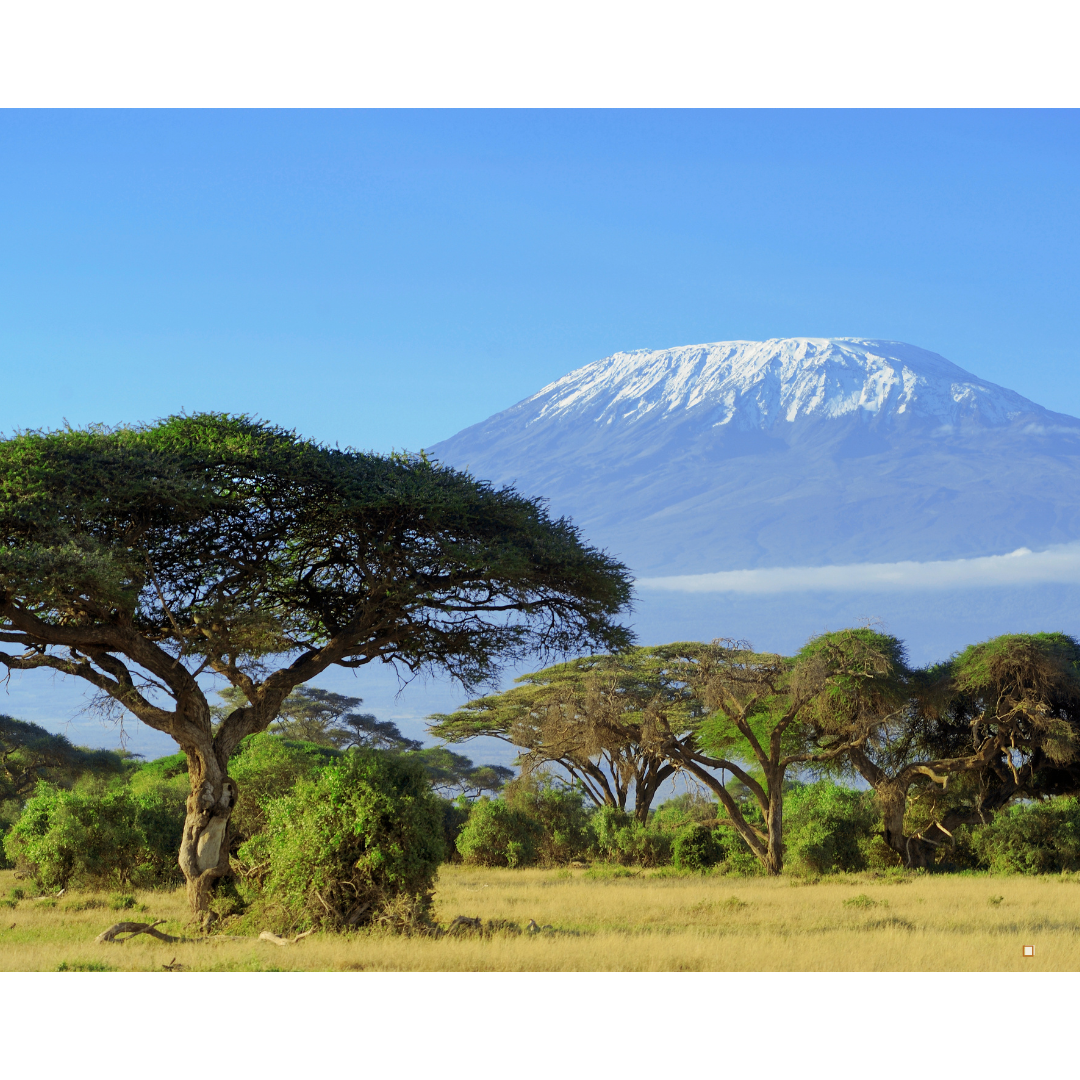
How Tanzanian Peaberry Coffee Reaches the Global Market
Tanzanian Peaberry Coffee is renowned among exotic coffee drinkers for its bright flavors and distinctive bean shape. But the journey from Tanzania's lush coffee-growing regions to your cup is a complex process involving traditional farming, meticulous processing, and global trade logistics.
The Origins of Peaberry Coffee in Tanzania
Nestled on the volcanic slopes of Mount Kilimanjaro and Mount Meru, Tanzanian coffee farms benefit from rich soil, high altitude, and a favorable climate. These conditions produce exceptional beans, with peaberries standing out as a rare natural occurrence. In about 5–10% of coffee cherries, only one bean develops instead of the usual two, resulting in the smaller, rounder peaberry. This unique structure is thought to concentrate flavor, producing a cup with bright acidity, fruity notes, and a smooth finish.
Smallholder farmers dominate the Tanzanian coffee industry, tending family-owned plots that are often less than two hectares in size. These farmers hand-pick coffee cherries to ensure only the ripest are harvested, maintaining the high standards expected of Tanzanian exports.
Processing: Turning Cherries into Specialty Coffee
After harvesting, the coffee cherries undergo processing to transform them into the green beans ready for export. Most Tanzanian coffee, including peaberry varieties, is processed using the washed (wet) method. This involves removing the fruit from the bean, fermenting it to break down mucilage, and washing the beans clean. Once processed, the beans are dried on raised beds, allowing air to circulate for even drying and preventing contamination.
Sorting is where peaberries are identified and separated from standard beans. This is a labor-intensive process, often done both manually and with machinery. The additional effort required to isolate these rare beans is part of what makes Tanzanian peaberries a premium product.
Challenges in Exporting Tanzanian Coffee
Once processed and sorted, the coffee is sold at auctions overseen by the Tanzanian Coffee Board. These auctions provide a platform for farmers, cooperatives, and exporters to connect, ensuring fair pricing and quality control. However, smallholder farmers often rely on cooperatives or middlemen to navigate this system, which can reduce their share of the profits.
Logistical challenges also play a role in shaping the journey of Tanzanian coffee. Poor road conditions, limited access to ports, and inefficient infrastructure can delay shipments and increase costs. Despite these obstacles, Tanzania remains one of Africa’s top coffee exporters, with its peaberry variety garnering significant global interest.
The Global Appeal of Tanzanian Coffee
The unique characteristics of peaberry coffee have made it a favorite among specialty coffee roasters and enthusiasts. Its bright citrus and berry-like notes, coupled with a smooth chocolatey finish, set it apart from other coffee varieties. Roasters experiment with different roast profiles to highlight these qualities, often opting for a medium roast to bring out the bean's natural complexity without overpowering its acidity.
Specialty coffee shops and online retailers are instrumental in bringing Tanzanian peaberry coffee to consumers. These outlets emphasize the rarity and origin of the beans, appealing to coffee drinkers who value both flavor and sustainability.
Sustainability in Tanzanian Coffee Production
As demand for Tanzanian peaberry coffee grows, sustainability remains a critical focus. Farmers face challenges such as fluctuating global coffee prices, limited access to resources, and the effects of climate change. Rising temperatures and unpredictable weather patterns threaten the delicate balance needed for coffee cultivation, impacting both yield and quality.
To address these challenges, initiatives are being introduced to support farmers. Training programs teach sustainable agricultural practices, while direct trade models connect farmers with buyers, ensuring fair compensation and fostering long-term relationships. These efforts are vital to preserving Tanzania's coffee-growing heritage and maintaining the quality of its peaberry beans.
Solutions for the Future of Peaberry Coffee
Preserving the legacy and global appeal of Tanzanian Peaberry Coffee calls for empowering local coffee communities, enhancing infrastructure, and elevating the customer experience. By promoting fair practices and transparency, the industry can ensure that producers receive appropriate rewards while consumers enjoy beans that are both fresh and of exceptional quality. Detailed brewing guides for techniques like pour-over, French press, and espresso help enthusiasts unlock the full, complex flavors of these remarkable beans. Embracing sustainable practices and consumer education paves the way for a bright future for Tanzanian Peaberry Coffee, securing its place in the cups of coffee lovers worldwide. Discover more about our passion and premium offerings at Frontier Coffee Roasters and experience our exceptional Tanzanian Peaberry Coffee. For further insights and resources, visit the Frontier Roasters Coffee Hub and the dedicated Tanzanian Peaberry Coffee Hub.

